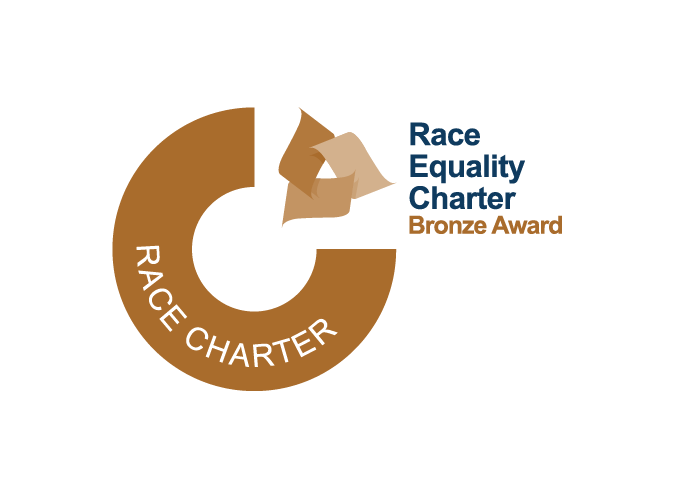Action plan and implementation
The Bronze Award recognises the work Lancaster University completed to identify race equality issues, define a comprehensive action plan, and commit to its implementation.
The University will take an intersectional approach to delivering on the REC action plan, which is split between five priority areas: improving understanding, governance and leadership, student experience, staff pipeline, and process and transparency.
Find out more
Lancaster University’s award submission and action plan
Lancaster University’s Race Equality Charter Application, which features details about the work that was undertaken, as well as the University’s action plan, is available for staff and students to access.
Race Equality Charter
More information about the Race Equality Charter is available on the Advance HE website.


